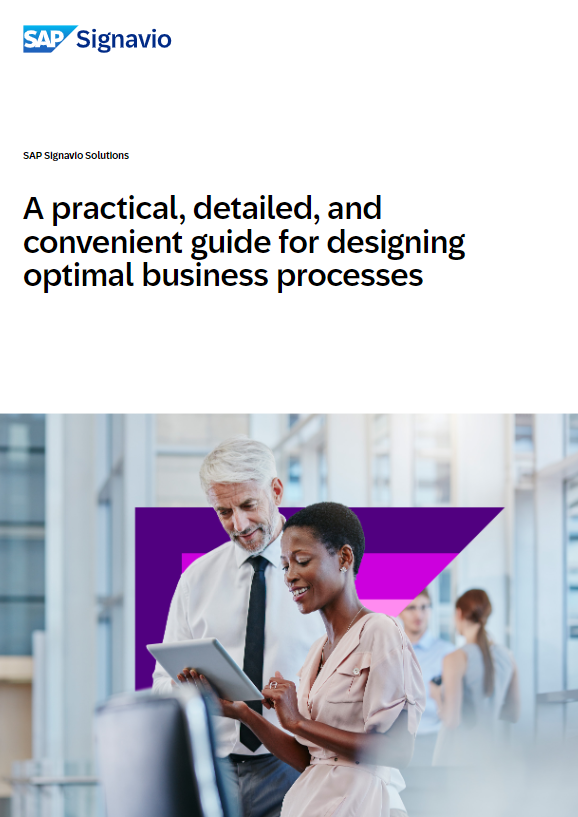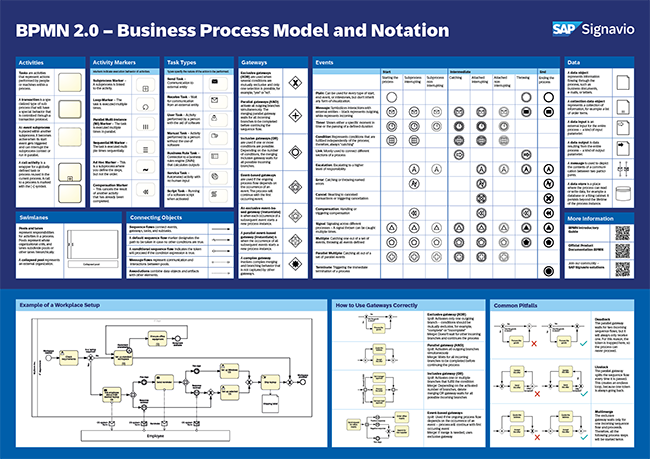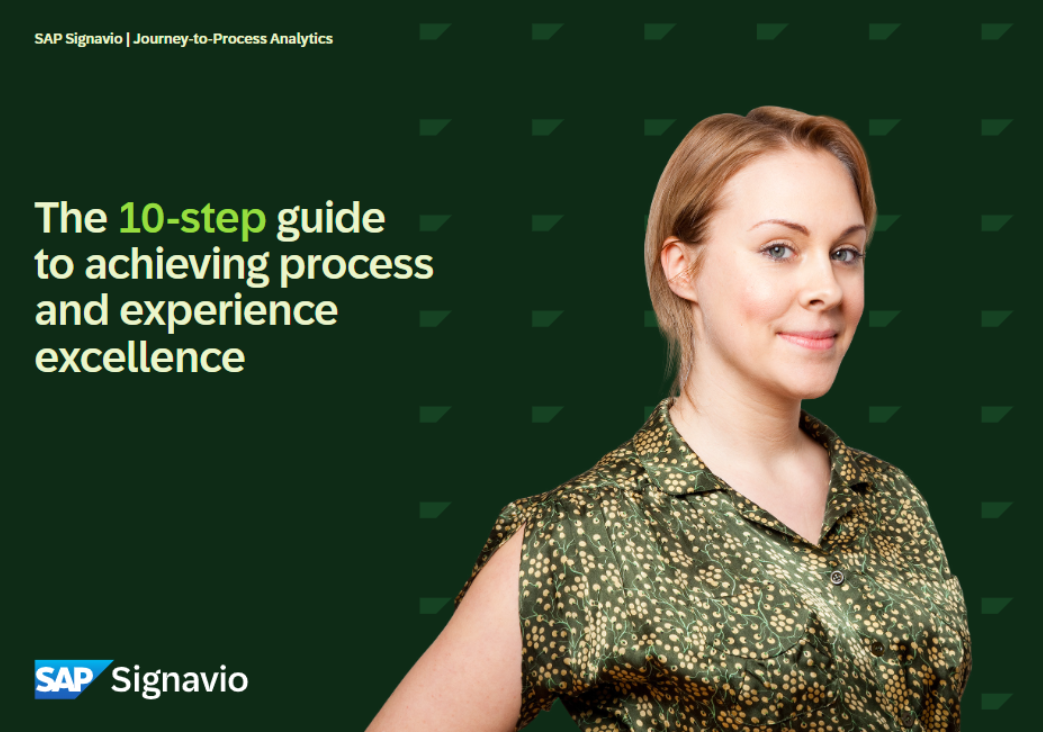Business Process Modeler
Business process managers align operations with strategy by leading process design, governance, and continuous improvement across teams. Their role ensures that business processes deliver measurable value.

Business process managers align operations with strategy by leading process design, governance, and continuous improvement across teams. Their role ensures that business processes deliver measurable value.
Business process managers play a central role in keeping operations effective and adaptable. They connect day-to-day execution with strategic goals, making sure processes deliver measurable business value.
The position is a natural extension of business process management as a discipline and typically operates within a cross-functional business process team.
This page outlines what the role involves, how it differs from related positions, and the skills, tools, and career paths most relevant today. While the responsibilities described reflect common industry practice, the details will vary depending on an organization’s size, maturity, and operating model.
→ Related: What is Business Process?
A business process manager (BPM) is responsible for overseeing how work is structured, executed, and improved across an organization. The role blends strategy with operations: managers ensure that processes are not only efficient but also aligned with long-term business goals.
Unlike analysts, who primarily map and evaluate workflows, process managers take ownership of the full lifecycle. They translate findings into actionable designs, coordinate implementation, and make sure improvements stick over time. This requires balancing cross-functional collaboration with governance, so that changes add value without creating disruption.
Business process managers often operate as internal change leaders, working closely with IT, operations, HR, finance, and customer-facing teams. They are particularly important in organizations undergoing business (digital) transformation or scaling rapidly, where process governance and consistency are critical to growth.
Business process managers ensure that process initiatives move from planning into execution and ultimately deliver measurable outcomes.
Their scope spans from strategy alignment down to operational detail, making them accountable for both direction and delivery.
Business process managers carry responsibilities that touch multiple layers of the organization:
While the scope is broad, a manager’s daily work typically focuses on collaboration and oversight. They may:
The exact balance of activities depends on the company’s maturity. In younger organizations, BPMs may spend more time on mapping and documentation. In mature ones, they focus on governance, scaling, and driving adoption.
Business process managers are judged not just by what they plan but by what they deliver. Common outputs include:
These deliverables ensure that process management efforts are transparent, measurable, and repeatable across the organization.
→ Related: BPM solutions: The evolution of business process management
Succeeding as a business process manager requires a mix of technical understanding, business acumen, and people leadership. While no two organizations define the role exactly the same, most expect a combination of the following:
Most business process managers hold at least a bachelor’s degree in Business Administration, Operations Management, Information Systems, or a related field. An MBA or master’s degree can be advantageous for leadership positions, particularly in large enterprises.
While not mandatory, certifications can signal expertise and strengthen credibility. Common options include:
It’s important to note that requirements vary widely by region, company size, and industry maturity. Some firms prioritize practical experience over certifications, while others emphasize formal training and credentials.
While technical knowledge and tools are critical, the success of a business process manager often depends on softer factors. These traits determine how effectively they can lead change, build trust, and keep improvements alive.
These traits help business process managers bridge the gap between strategic intent and operational reality—ensuring that improvements are not only designed but also adopted and sustained.
Business process managers oversee governance, execution, and continuous improvement. Their tool use spans analysis, orchestration, and collaboration across teams.
Managers rely on SAP Signavio Process Modeler for oversight and governance. They use it to:
Managers use dashboards and mining insights to validate compliance and measure impact.
Managers coordinate automation initiatives to ensure process changes are adopted.
Managers facilitate cross-departmental collaboration with Confluence, SharePoint, or Teams.
Managers apply structured methods to drive improvements.
These tools and frameworks give managers the means to govern processes, track outcomes, and make sustainable improvements across the enterprise.
The business process manager role represents a mid-level position in the process management career family. It typically follows hands-on analytical roles and often leads into senior transformation or operational leadership.
Managers are expected to own process portfolios, lead governance efforts, and deliver measurable business outcomes.
Future managers usually start in analytical or operational roles that provide exposure to workflows, data, and stakeholder coordination. These roles build the foundation for moving into leadership.
Managers take responsibility for cross-functional initiatives and act as the link between process analysis and enterprise transformation. At this level, they oversee governance frameworks, standardize processes, and ensure alignment with business goals.
Senior managers can advance into leadership roles that influence enterprise-wide change programs and strategy execution. These roles demand cross-departmental authority, transformation experience, and executive presence.
Managers may also transition into roles that use their governance and leadership skills in specialized domains:
What unites these paths is the ability to balance strategy with execution. Business process managers prove their value by moving beyond identifying problems to ensuring that solutions are implemented, adopted, and sustained.
Business process manager salaries reflect the leadership and cross-functional responsibility of the role. Compensation varies by region, company size, and industry, but demand is consistently strong as organizations scale their process management maturity and pursue digital transformation.
| Region | Entry-Level BPM | Mid-Level BPM | Executive BPM (e.g., Head of BPM) |
|---|---|---|---|
| United States | $85,000–$100,000 | $105,000–$125,000 | $140,000–$170,000+ |
| United Kingdom | £40,000–£55,000 | £60,000–£70,000 | £80,000–£110,000+ |
| Germany (DACH) | €60,000–€75,000 | €75,000–€90,000 | €100,000–€120,000+ |
| India | ₹7L–₹11L | ₹12L–₹15L | ₹18L–₹22L+ |
Sources: Glassdoor, ZipRecruiter, Payscale, Indeed (2024–2025 data). Entry and executive bands extrapolated from verified mid-level anchors.

Because titles in process management often overlap, the manager role is sometimes confused with analysts, owners, or adjacent positions like project managers or operations leaders. Each has a distinct scope and purpose within a BPM team.
In short: Business process managers are the link between strategy and execution. While analysts, owners, and project leaders focus on specific aspects, managers coordinate across roles to ensure process changes stick and drive measurable business outcomes.
Despite their growing importance, business process managers are often misunderstood. Their responsibilities can be confused with those of analysts, project managers, or operations leaders. Here are some of the most common misconceptions about the role:
The role of the business process manager is shifting from operational oversight to strategic leadership.
As organizations embrace AI, automation, and stricter compliance standards, managers will be expected to connect process efficiency with customer and employee experience.
Their future lies in guiding cross-functional teams, ensuring resilience, and embedding continuous improvement as a core business capability.
Get the most important standards, ready for you to modify and adapt according to your own standards and organizational needs.

